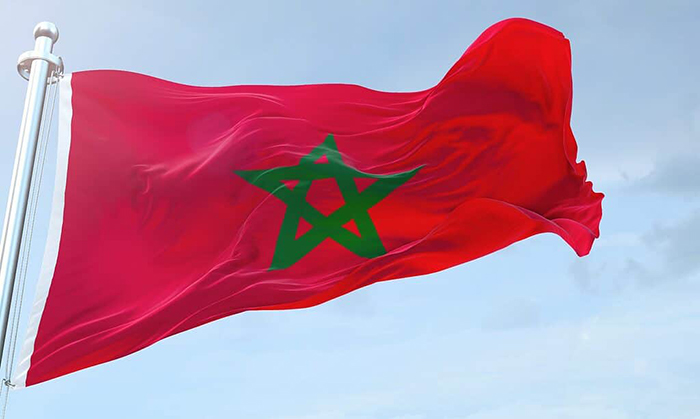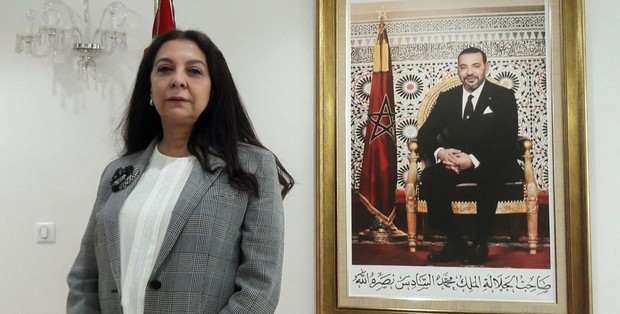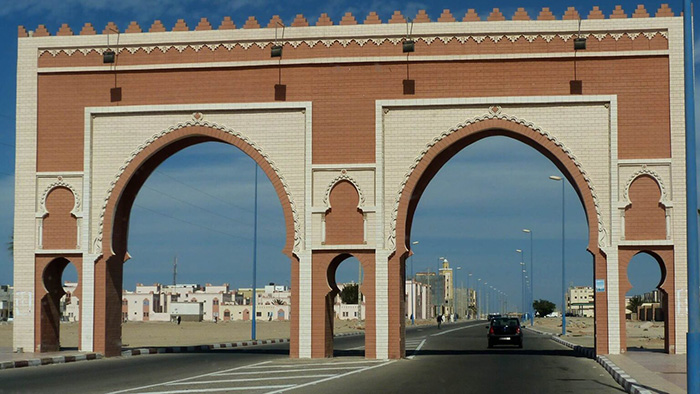Under the leadership of King Mohammed VI, Morocco has established itself as a pillar of stability in Africa, said Khaled Hamadé, Executive Director of the Observatory of Geopolitical Studies (OGE).
For the chief of this Paris-based research center, the Kingdom's foreign policy, which focuses in particular on strengthening South-South cooperation, bears witness to the Sovereign's commitment to Africa’s socio-economic development.
This regional leadership role was reinforced by Morocco's return to the African Union in 2017, as a key player in inter-African cooperation in terms of development, stability and security for the continent's countries, writes the geopolitologist in the OGE newsletter on Tuesday.
Referring to the momentum generated by the support of many countries for the autonomy plan for the Moroccan Sahara, Hamadé said that this growing momentum “underlines the strategic importance of the Kingdom for the security and prosperity of the African continent, in an increasingly uncertain international context.”
After recalling France's support for the Kingdom's sovereignty over its Sahara, expressed at the highest level of the State, OGE's Executive Director noted that “this recent development marks a decisive step towards resolving the artificial conflict surrounding the Moroccan Sahara, in line with the legitimate aspirations of the local populations and the requirements of regional stability.”
He added that increased international support for the autonomy plan for the Moroccan Sahara, coupled with a strengthened partnership with key players such as France, could pave the way for a lasting political resolution to this artificial regional conflict.






